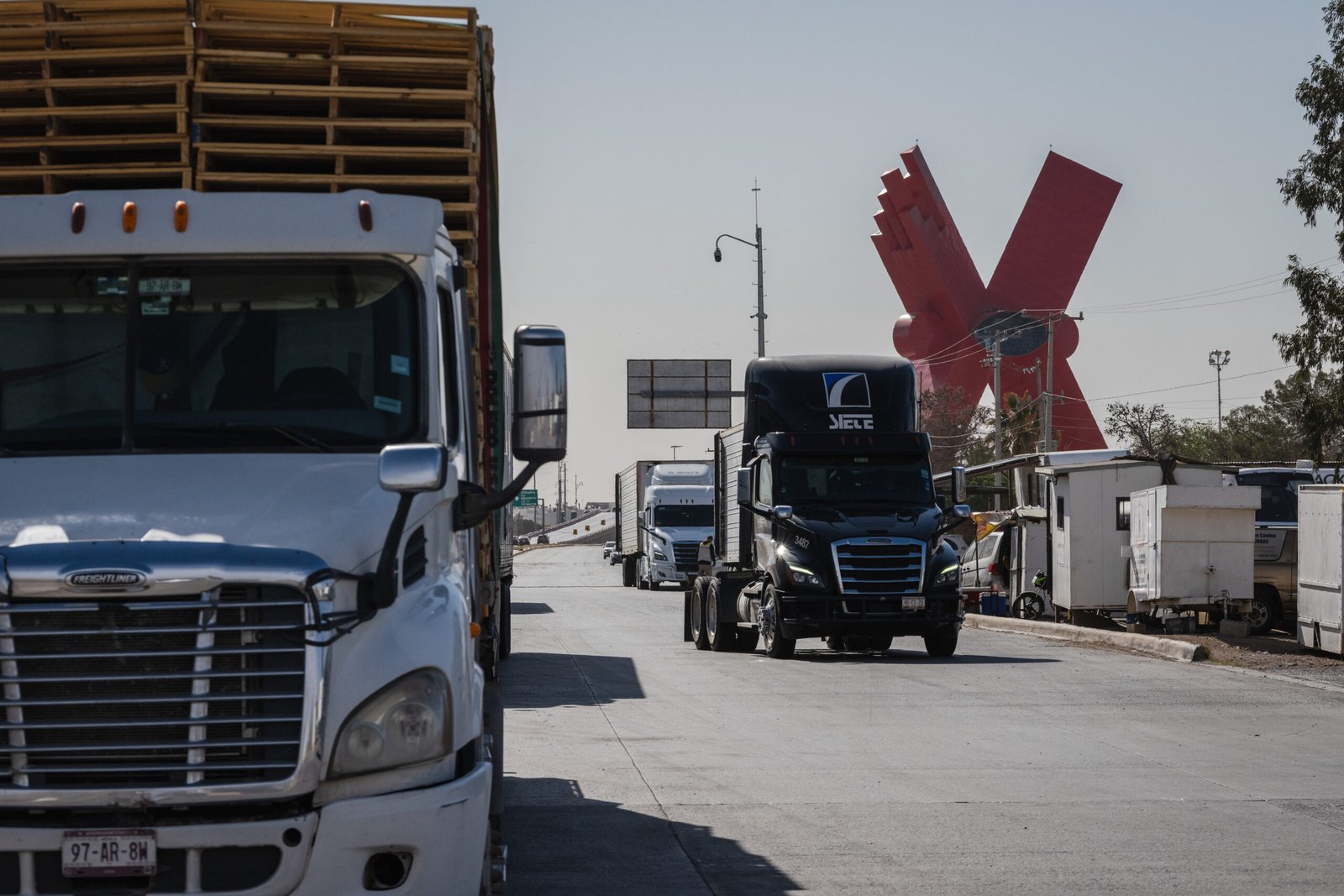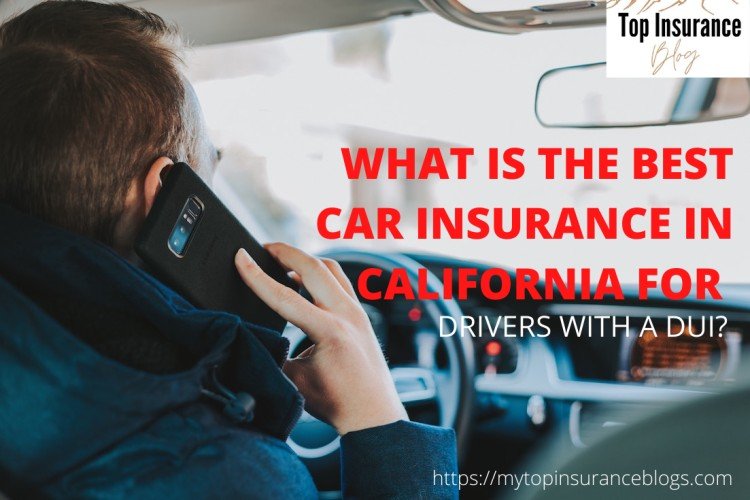Cross‑Border Car Insurance for EU Travel: What You Need to Know
June 30, 2025 | by ltcinsuranceshopper



Travelling by car across Europe can be an exhilarating way to explore diverse cultures, landscapes, and cuisines. Yet, navigating car insurance requirements while crossing borders demands careful attention. As a German-licensed car insurance broker, I want to teach you how to prepare for your EU road travel.
In this detailed article, I’ll explain how cross-border car insurance works within the EU, what coverage you need, and how to avoid unexpected risks. Whether you’re a frequent traveller or preparing for your first continental journey, the insight below will equip you for a smooth and protected drive.
Understanding the Green Card and EU Protection
Within the European Union and EEA, the Green Card is no longer mandatory. Mutual recognition agreements mean most EU car insurance policies automatically extend liability coverage in all member countries.
However, it’s important to ensure that your policy includes cross-border or international cover and that the Green Card is available by request for travel to countries like the UK or outside the EU.
Your insurer must issue a Green Card within 48 hours if you ask. Carrying it can help avoid misunderstandings at borders or during traffic stops, particularly in jurisdictions that still pay attention to it, such as Serbia, Turkey, or Belarus.
What Standard German Car Insurance Covers Across EU Borders
A basic Kfz-Haftpflicht (liability) policy will apply in all EU/EEA nations. This coverage protects others for bodily injury, property damage, and legal defense in cross-border incidents.
However, your domestic policy’s Teilkasko or Vollkasko coverage may not automatically extend abroad. You must confirm with your insurer whether these coverages follow the vehicle during an extended trip and if any territory restrictions, such as temporary travel exclusions for Russia or Ukraine, apply.
The Risks of Assuming Your Coverage Automatically Applies
Misconceptions about cross-border car insurance are common when some Germans engage in EU travel. Travelers often assume that road trip coverage is universal and continuous, but the reality is more complex:
- Policies may have territorial limits
- Proof of comprehensive cover isn’t always readily recognized abroad
- Value-added features like roadside assistance may expire overseas
It’s essential to review the policy wording or request a written confirmation of EU coverage, specifically for Vollkasko or comprehensive benefits.
Also Read:
When Do You Need a Temporary Cross-Border Rider Coverage?
If you intend to drive beyond the EU (for example, into the UK, Switzerland, or the Balkans), or if your comprehensive coverage doesn’t automatically extend, consider adding a temporary cross-border extension. These typically cost €20–€60 for a few weeks and ensure full protection, including own-damage and assistance abroad.
For example, an expat client from Zurich added a 14-day premium rider when traveling through Turkey for a cultural tour; even minor scratches were covered, avoiding a €1,200 repair bill.
Extended Assistance Coverage for EU Road Trips
Many standalone roadside assistance services (Schutzbrief) within German car insurance don’t work abroad. That reflects status rather than distance. German insurers like HUK-Coburg, ADAC, and Allianz offer European assistance extensions, which include:
- Tow service to the nearest garage
- Hotel accommodation if your vehicle can’t be repaired the same day
- Return travel costs for you and any passengers
- Travel, overnight stays, and vehicle retrieval
These can save up to €1,000 in unforeseen costs and reduce stress during breakdowns.
Manage Your Car Insurance Rate By Using Telematics and Digital Tools for Every EU Travel
In recent years, telematics policies, such as Allianz DriveCheck and HUK GoMobile, have expanded cross-border coverage. As long as your app device or black box tracks your location and driving activity, you’ll continue to benefit from safe-driving discounts.
These policies must still confirm territorial extensions, but modern systems now automate trip detection and alerts.
Documentation to Carry on Cross-Border Journeys
To ensure smooth border crossings and incident management, always carry:
- A copy of your insurance policy and extension notice
- Any issued Green Card (if travelling outside the EU)
- Proof of roadside assistance and emergency numbers
- Vehicle registration papers
- Copy of your emergency kit (especially required in France or Spain)
Though it can seem like overkill, being prepared ensures you can resolve situations quickly and prove coverage when necessary.
What Happens If You Get into an Accident Abroad?
In the unfortunate event of an accident outside Germany:
- Notify German police and log everything with photo documentation
- File an EU Accident Statement (standard EU-protocol form) in triplicate
- Inform your German insurer within seven days—don’t delay
- If passenger injuries occurred, your German car liability insurance policy remains responsible under EU travel rules
As long as you meet requirements and cooperate, cross-border claims are processed effectively, though timelines may extend due to foreign jurisdictions.
Also Read:
Car Insurance Costs for EU Trips
Premium rates vary, but here’s a guideline for one-week extensions on a mid-level German driver vehicle:
| Provider | Liability (Base) | Temporary Full Cover | European Assistance |
| HUK-Coburg | Included | €25–€50 | €15–€30 |
| Allianz | Included | €30–€55 | €20–€40 |
| ADAC | Included | N/A | €35–€60 |
| AXA | Included | €28–€52 | €22–€45 |
Rates are per journey and assume no claims in the last 12 months. Costs vary by vehicle value and driver history.
Real-Life Case Study: Berlin to Sicily Road Trip
A family from Berlin rented a compact during the summer to explore Sardinia, Sicily, and Tuscany. Their German insurer added the Green Card and comprehensive rider for €45 upfront. When a rock chipped the windshield on a coastal road, they paid no repair fee, and the car was fully insured throughout without border complications.
Tips to Save Money on EU Cross‑Border Cover
- Purchase single-trip extensions only when needed—multi-trip riders cost more upfront
- Maintain a clean German driving record—accidents abroad still affect your SF class
- Bundle full EU road coverage into your annual package if you travel often
- Book temporary coverage well in advance—last-minute extensions are costlier
What About Travel to Non-EU Countries?
For countries like the UK, Switzerland, or the Balkans, policies require a Green Card. Coverage can be extended only if you notify your insurer, and some policies exclude war-risk zones or require additional premiums for conflict-affected areas.
Your Road Trip Checklist for Smooth EU Travels
- Review your car insurance policy before travelling
- Request a cross-border/comprehensive rider if needed
- Obtain a Green Card, insurance cards, and assistance documents
- Carry emergency forms and kits
- Include the telematics provider in the trip notification
- Report any incident no later than seven days post-event
Common Myths About Cross-Border Car Insurance for EU Travel
Despite assumptions:
- “EU trips are always covered”: Not true if your policy has a limited territory
- “Green Card is irrelevant now”: It remains essential outside the EU
- “Meine Schutzbrief covers Europe automatically”: Only if specifically extended
Always double-check to avoid surprises.
Final Thoughts: Drive Confidently, Travel Freely
Mastering cross-border car insurance for EU travel doesn’t have to be stressful. With modern policies, telematics tools, and careful planning, you can drive freely across Europe with peace of mind.
This industry may feel complex, but with over a decade of working across Germany and Switzerland on international driving solutions, I guarantee that clarity is possible. Before your next European road trip, talk to a licensed broker. With the right coverage, your journey will be defined by adventure, not paperwork.
Also Read:
FAQs on Cross-Border Car Insurance for EU Travel
- Do I need a Green Card to drive within the EU?
No, for EU/EEA countries, it is no longer mandatory. However, having it can simplify certain situations. - Does Vollkasko coverage automatically extend abroad?
Not always. Check with your insurer, as some only cover domestic usage. - What happens if I have an accident in another EU country?
Your German insurance is still valid. File a report with local police and inform your insurer within 7 days. - Can I use my German roadside assistance outside Germany?
Only if you have a European extension. Not all Schutzbrief policies cover travel abroad. - What if I drive beyond the EU?
Request a Green Card and confirm your insurer covers that territory. You may need an additional rider.
RELATED POSTS
View all




